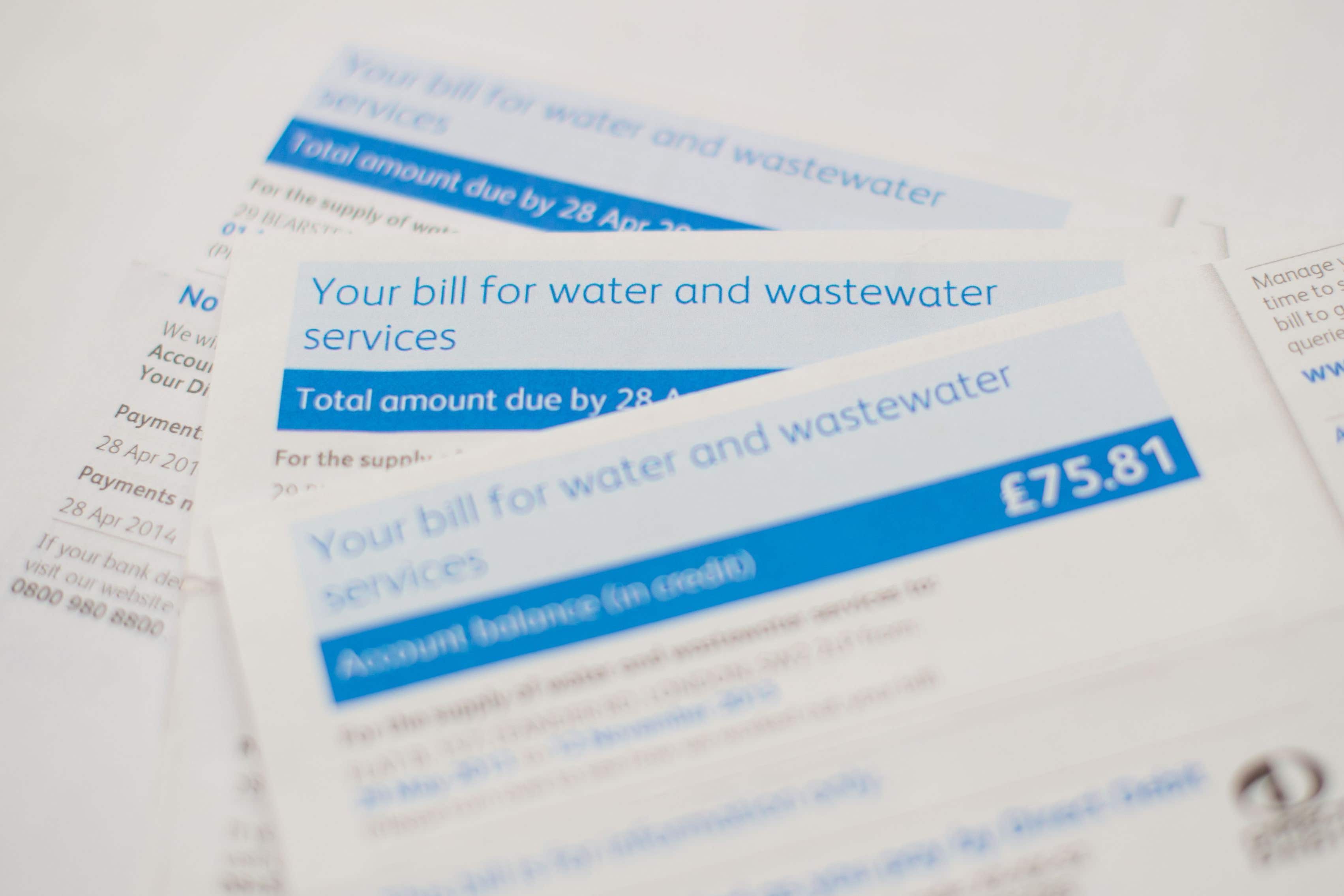Consumers set to learn of likely water bill rises over next five years
Regulator Ofwat will release its draft determinations on Thursday, when it signs off on firms’ requests for bill rises based on their spending plans.

Your support helps us to tell the story
From reproductive rights to climate change to Big Tech, The Independent is on the ground when the story is developing. Whether it's investigating the financials of Elon Musk's pro-Trump PAC or producing our latest documentary, 'The A Word', which shines a light on the American women fighting for reproductive rights, we know how important it is to parse out the facts from the messaging.
At such a critical moment in US history, we need reporters on the ground. Your donation allows us to keep sending journalists to speak to both sides of the story.
The Independent is trusted by Americans across the entire political spectrum. And unlike many other quality news outlets, we choose not to lock Americans out of our reporting and analysis with paywalls. We believe quality journalism should be available to everyone, paid for by those who can afford it.
Your support makes all the difference.Consumers in England and Wales are set to learn how much their water bills are likely to rise by over the next five years, and what firms will have to do to improve their services in return.
Regulator Ofwat will release its ‘draft determinations’ on Thursday, when it signs off on firms’ requests for bill rises based on their spending plans, ahead of a final decision at the end of the year.
Southern Water has requested the highest increase in bills among the utility companies of 73% to £727 a year, while Wessex Water has requested a 36% increase to £690 a year.
If customers are going to be asked to pay considerably more, they have a right to expect far more in return
Thames Water, which has 16 million customers in London and the Thames Valley region, put forward plans in April that would see spending rise to £19.8 billion to update its infrastructure and reduce sewage spills.
However, that would also involve increasing customer bills by 44% to £627, a figure which has prompted backlash from consumer groups.
The proposed bill increases come amid public fury around firms’ rampant polluting of waterways with sewage spills as they continue to hand dividends to shareholders, and bonuses to executives – something which Labour has pledged to clamp down on.
Sewage spills into England’s rivers and seas more than doubled in 2023.
According to the Environment Agency, there were 3.6 million hours of spills last year – equal to about 400 years – compared with 1.75 million hours in 2022.
Not a single river in England is considered to be in good overall health, and beauty spots including Windermere in the Lake District have been hit by sewage spills.
The situation has enraged campaigners, who say the privatised water companies have paid out billions of pounds to shareholders and bosses’ bonuses while failing to invest sufficiently in the country’s water infrastructure, though the utilities point to the large sums in investments they have made.
The large amount of water lost to leaks in the system also raises widespread concerns, particularly in dry periods when consumers face hosepipe bans.
Recent research by the University of Greenwich suggests that investors have taken £85.2bn from 10 water and sewage firms in England and Wales since the industry was privatised more than 30 years ago.
More recently, England’s three biggest listed water companies – Severn Trent, South West Water and United Utilities – all paid out more in dividends this year than last time around.
New rules were introduced last year to ensure that water companies do not pay dividends unless they are judged to have delivered for customers and the environment.
Consumer Council for Water chief executive Mike Keil said in May that customers would not tolerate future bill rises “unless they see and feel a step change in the service they receive from their water company – whether that’s having the confidence to swim at their local beach or experiencing a more reliable water supply.
“If customers are going to be asked to pay considerably more, they have a right to expect far more in return.”